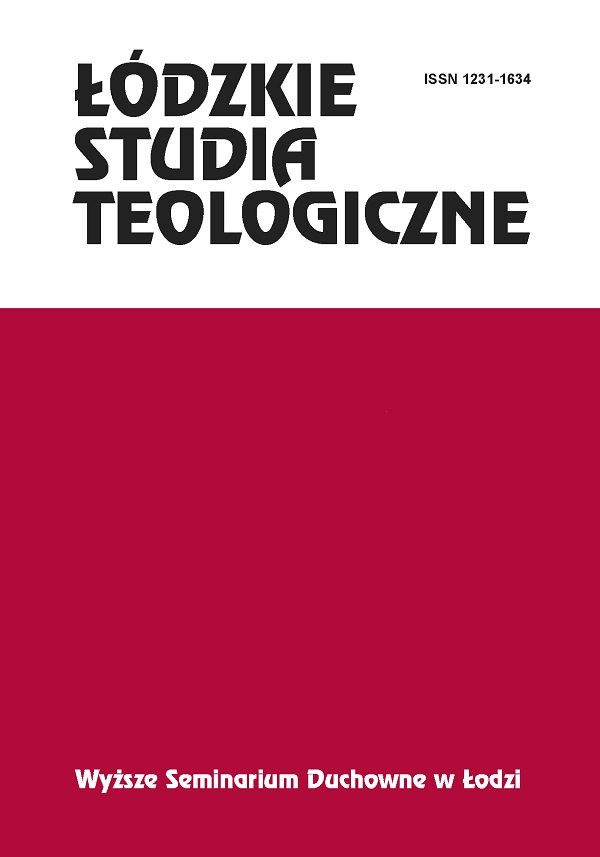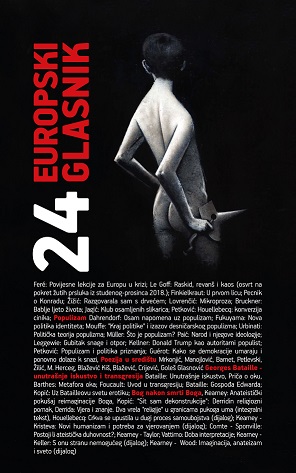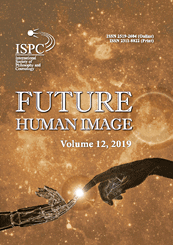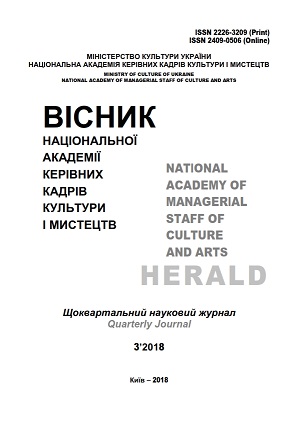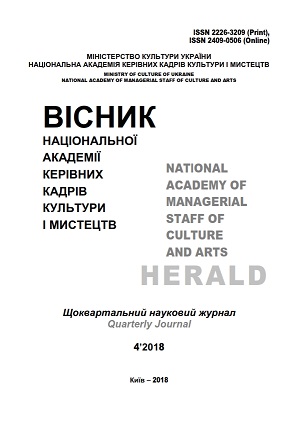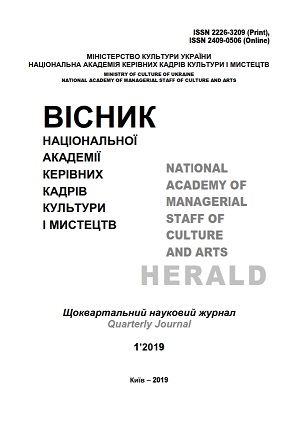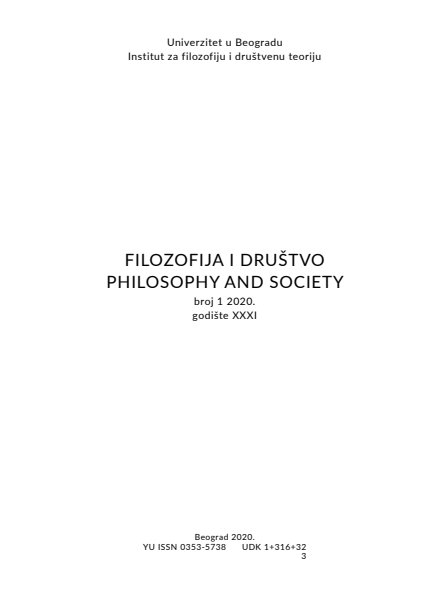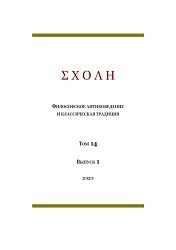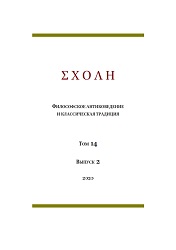Author(s): Valeria Valeriyivna Melnyk,Liudmyla Leonardivna Slavova / Language(s): Ukrainian
Issue: 3/2018
The purpose of the article is to consider the phenomenon of death in an existential dimension, which is one of the most important determinants of human behavior and ways of self-determination of his being by a person. Methodology. The article deals with the phenomenon of death in the context of the search of authentic existence by a person. The fear of death is described as emotion which is important to avoid dangers, so the authors used hermeneutical methodology and anthropological integrative approach while doing the research. This topic has been most elaborately developed within the framework of the philosophy of existentialism, where it is believed that just the realization of the finiteness of a human life contributes to the search of meaning of life and urges a person to various attempts to overcome the fear of death, in particular, through the appealing to transcendental as one of the methods available in modern western culture. Within this culture, death brings to mind the usual way of human existence and is viewed as a certain testing. Sientific novelty. On the basis of a comparative analysis of various levels of human existence (biovital, psychovital, existential, and social), a generalization is made on the specifics of the existential level, where there is a "breakthrough" to the transcendental, "true" existence of a person. It has also been proved that the collision with death, as well as any phenomenon in the human world, is, in fact, ambivalent, and therefore it can cause various reactions from resistance and rejection to approval and cultivation. Conclusions. The authors conclude that the inevitability of death together with the uncertainty, which becomes a characteristic feature of the era of postmodernism, gives rise not only to fear but also to an intensive and powerful internal work that raises it to the level of transcendence. The fear of death is also interpreted as the result of a person's inclination to escape from freedom resulting in alienation from true being.
More...
